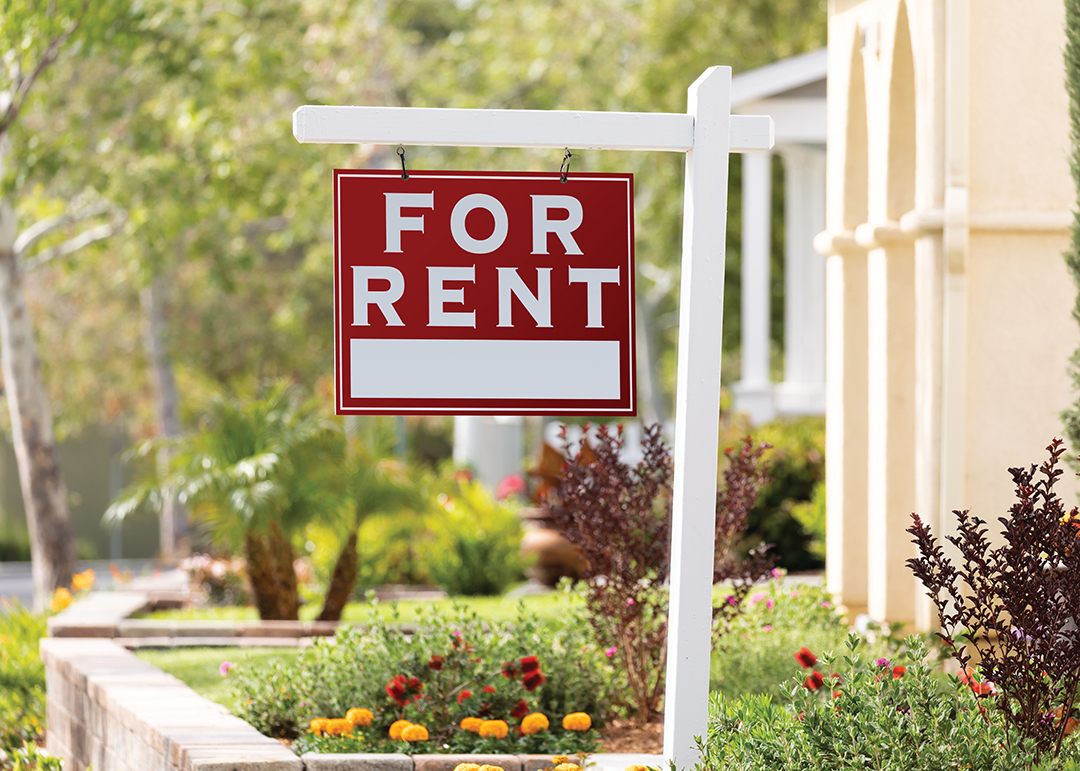Capital Gains Challenges Ahead for Landlords

Creative Investors Could Hold the Key to the Solution & Incredible Returns
by Carole VanSickle Ellis
When Eddie Speed encounters a challenging situation, the 40-year veteran of the performing and non-performing note space has a history of tackling the problem with a combination of creativity and determination—and he usually is able to work out a winning solution. Speed has never seen anything quite like the financial challenge coming down the pipeline for investors facing capital gains taxes in 2021, however.
Changes in Capital Gains
“The current presidential administration is getting ready to disrupt the real estate investing business in ways most people cannot yet imagine,” Speed warned. “They are basically planning to double capital gains very, very soon.” He is referring to President Biden’s much-touted campaign promise to change the capital gains taxing process in order to tax the nation’s highest earners at a rate of nearly 50 percent. Currently, these individuals pay about 24 percent in long-term capital gains, and White House officials say that the country’s top tax bracket is still “able to manipulate the tax system in their favor.” The change to capital gains is allegedly designed to “level the playing field” while increasing federal tax revenue by raising taxes for households making more than $400,000 a year.
This policy, if it passes into law, could disproportionately affect individual real estate investors who tend to generate the majority of their returns (and income) through the sale of property rather than via a more traditional, annual salary. In particular, landlords hoping to liquidate their portfolios will suffer, and Speed says the only solution he can see at present is to act quickly and creatively to get ahead of the looming problem.
“According to the Urban Institute, about half of all individual landlords’ properties are currently free and clear, meaning there is no mortgage on those rental properties,” Speed said. Historically, this would have been an ideal position for a mom-and-pop landlord planning to use the income from rental properties along with some liquidation to support themselves in retirement. Thanks to the proposed capital gains policies, however, the tax burden associated with selling free-and-clear properties could soon be crippling. Speed believes that the pending hit to returns that landlords can generate upon sale of a property combined with the after-effects of the COVID-19 pandemic that have left more than 10 million tenants owing more than $6,000 in rents each could spur many landlords to sell now— if they can do so in a way that protects the returns they have been cultivating throughout the life of the investment. That is good news, he insists.
The Strategy
“With this policy, the president has done the biggest favor in his political career for investors using seller financing,” Speed said. “This is the least-understood market niche in real estate, but investors willing to work in this space have about six months to act on this incredible opportunity and help a lot of burned-out landlords in the process.”
Seller financing involves the owner of a property holding a private note on that property in order to make a sale. The note, like any other property-backed loan, is legal and binding, but the current owner of the property holds the note instead of sending the buyer to another party in order to borrow money for the purchase. Seller-financed loans can have down-payments, creative terms, and interest rates that are set or variable just like “conventional” bank loans. They have been popular with creative real estate investors for years because they permit vast flexibility in pricing, purchase terms, and, crucially for Speed’s strategy, payment schedules.
“If a landlord has a rental property that they acquired for $100,000 and now it is worth $250,000, [upon selling that property] that landlord would have a capital gain of $150,000. However, if the landlord were to sell the property using seller financing and collect payments over the next 15 years, they would pay one-fifteenth of the capital gains every year for the next 15 years,” Speed explained.
He added, “This option frees up landlords who would like to sell right now to do so. The key is that real estate investors who want to buy these properties do not have very much time in which to reach these landlords, explain the strategy, and transact the deals.”
Speed, of course, already has that process in place and in action. His company is working with partners to reach landlords on a scale and at a pace seldom seen even in creative real estate. “Thanks to our partnerships and business relationships, we can work quickly to reach landlords and then explain in a compelling, persuasive way exactly what we are offering to do,” he said. Over the course of his career, Speed has shown real estate investors how to create investment-grade notes for many purposes, including acquiring those notes and recapitalization. Through NoteSchool, his training program for investors who want to create note transactions and create investment-grade seller-financed notes, Speed is helping other investors refine the process of reaching sellers and explaining this limited-time strategy to them.
“The current environment is perfect for seller-financing because there is a sound, easy-to-
explain reason that a landlord-seller should seriously consider carrying a note not just one year or five years but long-term,” Speed explained. “For the deal maker real estate investor targeting the small-time landlord, this can create huge savings on interest for investors buying these properties, increase their volume of acquisitions, help investors develop strategies that create more favorable terms than what a bank or mortgage company might be able to agree to, and solve a huge, life-altering problem for landlords who might otherwise find their real estate
portfolios decimated by these new guidelines on capital gains.”














